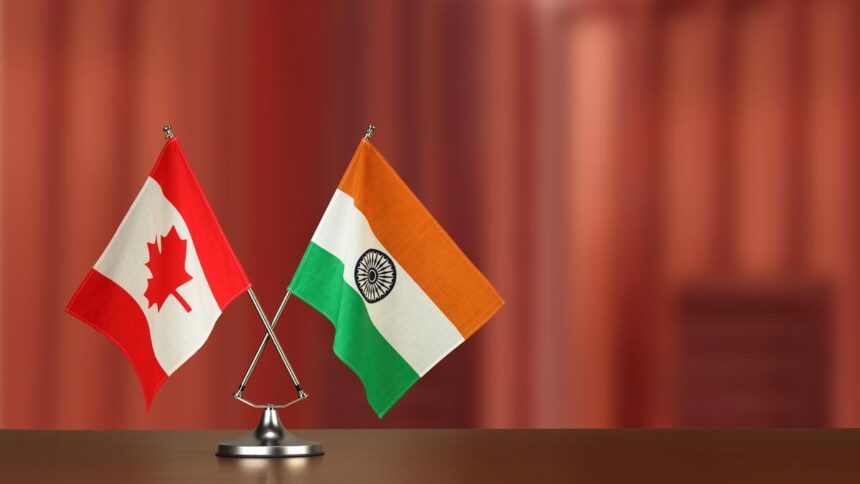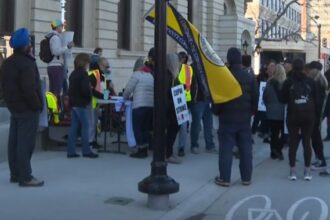In a significant diplomatic development, national security officials from India and Canada convened in New Delhi this week, marking the first high-level security dialogue between the two nations since relations deteriorated dramatically last fall. The talks, which focused extensively on the Khalistani extremist threat, represent a cautious step toward normalizing bilateral relations that have been strained to near-breaking point.
The closed-door meetings brought together India’s National Security Advisor Ajit Doval and his Canadian counterpart, alongside senior intelligence and diplomatic officials from both countries. Sources familiar with the discussions revealed that Canadian representatives acknowledged India’s longstanding concerns about Khalistani extremism operating on Canadian soil – a pivotal shift in tone from Ottawa’s previous stance.
“What we’re seeing is a pragmatic recognition that the security relationship cannot remain hostage to political differences,” said Dr. Avinash Paliwal, Associate Professor in International Relations at CO24 World. “Both nations face genuine security threats that require cooperation, regardless of ongoing tensions over the Nijjar investigation.”
Notably absent from the official readouts was any substantial discussion of the Hardeep Singh Nijjar case – the investigation that triggered the diplomatic crisis when Canadian Prime Minister Justin Trudeau alleged Indian government involvement in the Khalistani activist’s murder in British Columbia last June. Indian officials have vehemently denied these allegations, dismissing them as “absurd” and “politically motivated.”
The talks instead centered on practical security cooperation, including intelligence sharing on terrorist financing networks, extremist recruitment, and cross-border activities of designated terrorist organizations. Canadian officials reportedly presented evidence of specific Khalistani groups operating in Canada that pose security threats to both nations.
“This meeting signals India’s willingness to compartmentalize the relationship,” explained former Canadian diplomat Colin Robertson in an interview with CO24 News. “Delhi is effectively saying: we can work on security issues while maintaining our position on the Nijjar allegations.”
Economic considerations likely played a significant role in bringing both sides to the table. Two-way trade between Canada and India exceeds $8 billion annually, with Canadian pension funds having invested over $45 billion in India. The deterioration in relations has threatened these economic ties, putting pressure on both governments to find diplomatic off-ramps.
The Indian delegation reportedly emphasized the need for concrete action against Khalistani extremists who have threatened Indian diplomats and attacked Hindu temples in Canada. Canadian officials, while acknowledging these concerns, maintained their commitment to protecting free speech and peaceful protest within constitutional bounds.
“We’re seeing a delicate balancing act from Ottawa,” noted Dr. Vivek Dehejia, an economist and senior fellow at the IDFC Institute. “They need to address India’s security concerns without appearing to backtrack on their previous allegations or compromise on civil liberties in Canada.”
The talks come amid shifting geopolitical calculations, with both nations reassessing their strategic priorities. India’s growing economic and diplomatic clout makes it an essential partner for Western democracies seeking to counter China’s influence in the Indo-Pacific. Meanwhile, Canada’s large Indian diaspora – over 1.8 million strong – represents a significant political constituency that no government in Ottawa can ignore.
Whether these security talks will lead to broader diplomatic normalization remains uncertain. Neither country has yet restored its high commissioner to the other, and visa processing for Indian nationals seeking to travel to Canada continues to face significant delays.
As both nations navigate this complex diplomatic terrain, the fundamental question remains: can pragmatic security cooperation overcome deep political differences, or are we witnessing merely a temporary détente in what will remain a fundamentally strained relationship?










